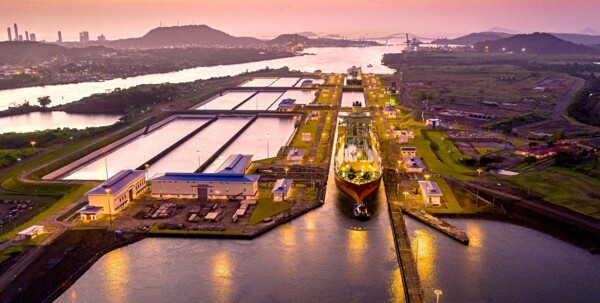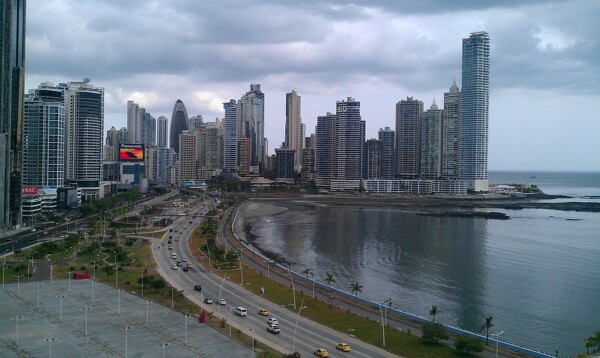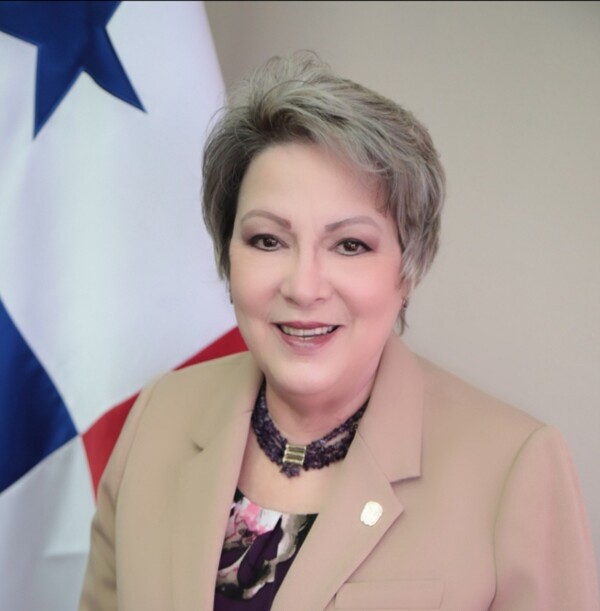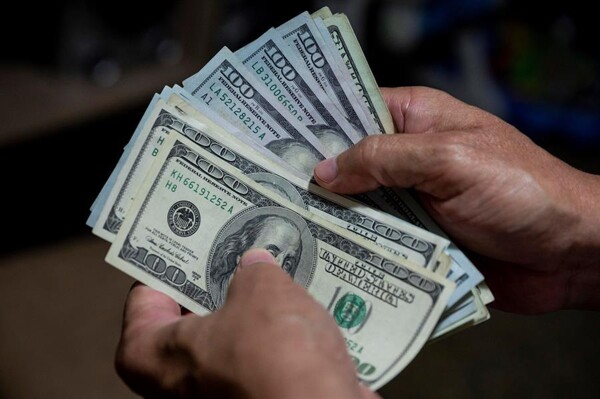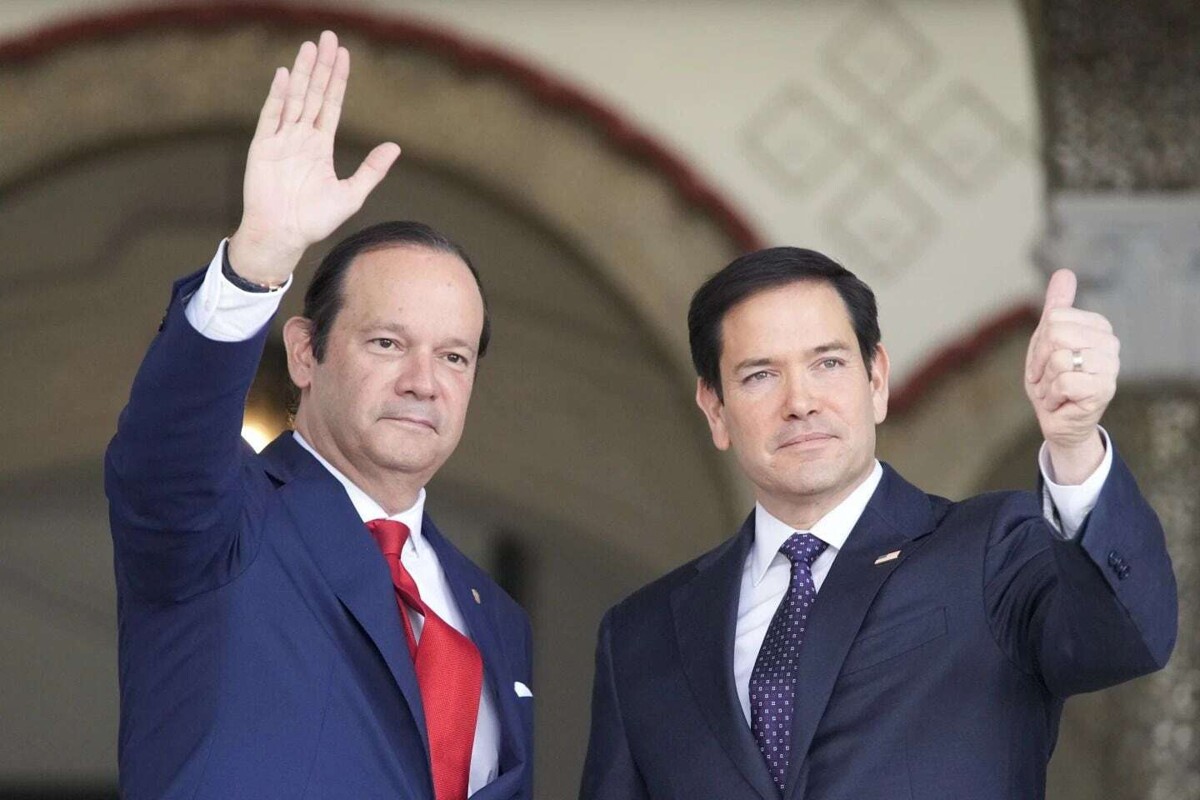
The U.S. Secretary of State, Marco Rubio, considered Panama's decision not to renew its cooperation agreement with China over the New Silk Road a 'great step.' The Panamanian president, José Raúl Mulino, announced that he would allow the agreement to expire after meeting with Rubio, who visited the country to advocate against China's influence in the Panama Canal and its ports.
'Yesterday's announcement by President José Raúl Mulino that Panama will allow its participation in the PCC Belt and Road Initiative to expire is a significant step forward for U.S.-Panama relations and for a free Panama Canal,' Rubio stated on social media. According to Rubio, it is also 'another example of the leadership' of U.S. President Donald Trump in protecting U.S. national security.
At a press conference, Mulino explained that he communicated his decision to Rubio not to renew the memorandum of understanding for the Silk Road, signed with China in November 2017. The Belt and Road Initiative is an investment and trade cooperation initiative driven by Chinese President Xi Jinping in 2013 to link China with Europe, the Middle East, Africa, and, more recently, Latin America.
During the meeting, Marco Rubio demanded immediate 'changes' from Panama regarding the alleged influence that Chinese companies exert on the Panama Canal, an infrastructure through which 3 percent of global trade passes. Panama was the first stop on Rubio's tour of Central America, which will also take him to El Salvador, Costa Rica, Guatemala, and the Dominican Republic.
Secretary of State Marco Rubio warned Panamanian President José Raúl Mulino that it is necessary to reduce what President Donald Trump considers to be Chinese influence over the Panama Canal area or face possible reprisals. Rubio, who toured the nation and the Panama Canal on his first foreign trip as the top U.S. diplomat, held in-person talks with Mulino, who has resisted U.S. government pressures regarding the administration of the canal.
Rubio crossed the locks, visited the control tower, and toured the canal at sunset, expressing his dissatisfaction with what he considers an unacceptable status quo in the Panama Canal area. In response to Mulino's resistance to negotiate over canal ownership, some believe that Panama might be open to an agreement under which canal operations on both oceans would be transferred to a company based in Hong Kong.
During the visit, Rubio emphasized Trump's focus on curbing immigration and collaborating on related efforts. Panama joined the Chinese initiative after diplomatically recognizing Beijing. However, the freezing of U.S. foreign aid and other suspension orders have impacted Washington-funded programs in the region.











